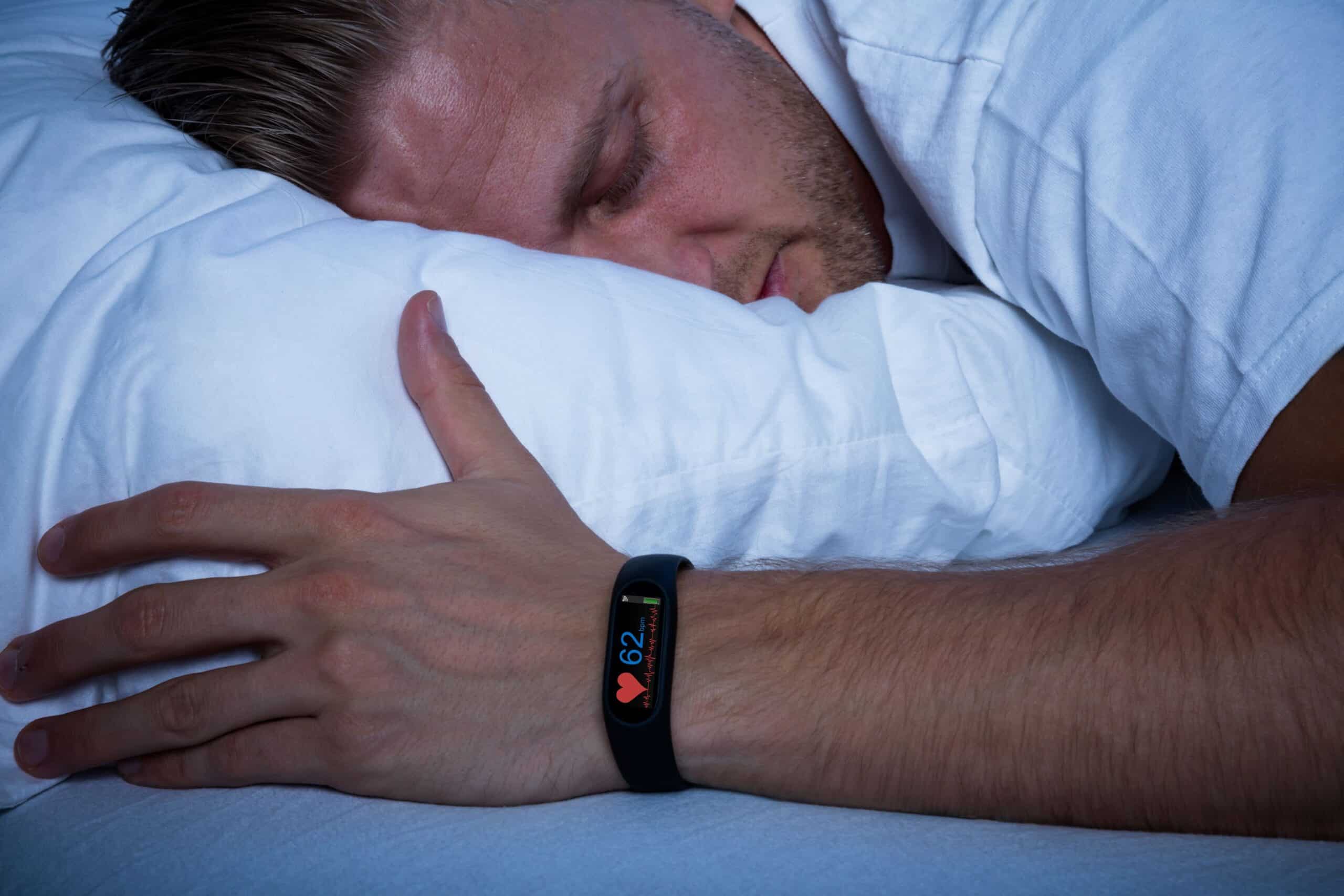This study involved 477 participants between the ages of 7 to 84 who were asked to rate their mood, energy, stress, sleep, and headaches using a mobile app four times a day for two weeks. The participants also rated their sleep quality and wore a wearable to monitor their sleep and physical activity. Close to half of the participants had a history of migraine headaches, and 59% experienced at least one morning attack during the study.
The study found that poor perceived sleep quality as well as lower than normal quality of sleep on the prior night were associated with an increased risk of having a migraine headache the night morning. Additionally, a lower-than-normal energy level the prior day was also associated with experiencing a headache the next morning, but these factors did not increase the risk of experiencing a migraine in the afternoon or evening. The study found that the only predictors of afternoon or evening headaches were increased levels of stress of having higher-than-average energy the day before.
“These different patterns of predictors of morning and later-day headaches highlight the role of the circadian rhythms in headache,” said study author Kathleen R. Merikangas, Ph.D., of the National Institute of Mental Health, part of the National Institutes of Health in Bethesda, Maryland. “The findings may give us insight into the processes underlying migraine and help us improve treatment and prevention.”
According to the researchers, those with poorer perceived sleep quality on average had a 22% increased risk of experiencing a headache attack the next morning, and a decrease in self-reported quality of sleep was associated with an 18% increased chance of experiencing a headache the next morning. A decrease in energy on the prior day was associated with a 16% increased chance of headache the next morning, and increased levels of stress and higher levels of energy the day before were associated with a 17% increased chance of headache the following afternoon or evening. Neither anxiousness nor depressed moods were associated with headache attacks, even after taking into account sleep, energy, and stress levels.
“Surprisingly, we found no link between a person’s anxiety and depression symptoms—either having more symptoms or having higher-than-average levels of symptoms—and their likelihood of having a migraine attack the next day,” Merikangas said. “Perhaps most interesting, headaches were associated with self-rated sleep quality rather than actual measures of sleep patterns. This highlights the importance of perceived physical and emotional states in the underlying causes of migraine.” “Our study demonstrates the importance of monitoring sleep changes as a predictor of headache attacks,” said study author Tarannum M. Lateef, MD, of the Children’s National Health System in Washington, D.C. “The use of apps that track sleep and other health, behavioral and emotional states in real time can provide valuable information that can help us to manage migraine.”




